Srutiza Mohanty is the Founder and owner of Risham Jewelry, a one of its kind startup that supports and employs women. Risham Jewelry makes handcrafted intricate bead jewelry, an ancient fine art, and in turn provides employment to other women, especially those who lack major skill sets and are financially constrained.
In this interview with TheCSRUniverse, Srutiza talks about her motivation behind starting the initiative and describes her entrepreneurial journey so far. She also talks about the impact her venture has had on the lives of the women who are employed with Risham Jewelry and how her organisation is slowly trying to change the patriarchal mindset that people have about working women.
Q: Why did you decide to opt-out of your 10+ year of IT career and take up the ancient art of bead jewelry making?
A: I was captivated by the art of bead weaving when I was working as a software engineer, and I created some Jewelry for personal consumption during my spare time. However, my keenness to revive the 100+ years old art, and the fantastic response I received for my jewelry designs, made me realize that there was a huge potential in creating hand-made bead jewelry through the art of weaving. With time, my conviction started yielding the proper outcomes.
Q: How is Risham Jewelry helping in role modeling and influencing women and especially young entrepreneurial women?
A: Risham Jewelry is a prime example of how aspiring female entrepreneurs can achieve their goals. When I left my corporate job and decided to start with Risham, I learned about business operations such as sales and procurement, etc. However, I had a vision and firmly believed in what I was creating. With time, I came out of my comfort zone and learned things on the go. Our designs are equally aspirational, and with each piece of Risham Jewelry, we endeavor to create lifestyle pieces representing the women wearing them. Thus, Risham is an excellent source of inspiration for young women starting their entrepreneurial journey. 
Q: What has been the scale and impact of your initiative, in terms of geography and number of beneficiaries? Could you please share an anecdote where your efforts brought a meaningful and sustainable change in the livelihood of the beneficiaries?
A: When we started our operations, it was a small operation with only a couple of women working with us. Today we have grown and have a team of about 15 women. We mostly got women who wanted to become independent. There have also been cases of women who wanted to join us to learn something new. Most women who came lacked major skill sets and faced a significant financial crisis. There were also one or two women working with us who would not tell their husbands or family that they were working because they wanted to be independent and earn that extra money. We have worked with such women and helped them build their identities. Today, most of our team have been with us for a long time and are enjoying this creative process of learning and earning. Seeing the kind of impact we are creating in our beautiful way feels great.
Q: What were the recruitment criteria for the workers? How did you convince them to work for your organization?
A: Most women employed by Risham were keen to get the right opportunity that helped them earn respectably and contribute to the financial betterment of their families. We offered them training in the art of bead weaving. Also, we have flexible working hours so that the female karigars can take care of their household responsibilities and create the Jewelry items confidently. This has helped us convince the team, and as we advance, we hope that the empowered women will enable us to expand the workforce through their references.
Q: How is Risham Jewellery attentive to the ecosystem? Please give some examples of the same.
A: We have always stood by our motto of empowering women irrespective of their socio economic dynamics. So, I had a young girl from the East Coast who needed the money because she never had any parental support; she came to us when she was around 19 years old. She could not finish her 10th class because of financial pressure. We took her under our wings, taught her the beading skills, and then she worked with us for a year. Later she expressed her desire to study further we let her go ahead. She used the money she earned during this time for her future education.
Q: What are the core values and ideologies of your organization?
A: Risham is driven by the vision of empowering women to express their individuality alongside maintaining the connection to their heritage, culture, and roots. The company is driven by the ideology of creating unique Jewelry that can be a great conversation starter. The other core value of Risham is to empower women by offering them a flexible working environment where they have imparted skills and are given an equal and dignified opportunity of earning money.
We believe that every woman should have equal and respectable access to career and financial independence. Through Risham, I have focused on hiring female karigars willing to achieve economic parity and learn a new art. So far, the journey has been highly impactful for the small team of karigars that I have trained and employed, and I hope to continue expanding the outreach alongside the brand’s growth.
Q: How do you sensitize families and communities, especially in a patriarchal society like ours?
A: We are doing our bit when it comes to women’s empowerment. Post that, it is the woman who is standing on her own merits and is fighting for her identity. I have noticed that once a woman earns a certain amount of money, the men also realize that it is an additional income and will help their families. It is a prolonged change, but it does happen. I have seen it because they are now open to understanding that it is okay if a woman wants to help the man of the house in becoming an equally important breadwinner for the family. It isn’t easy to manage with a single income, especially at their level, for a better lifestyle. So, it’s a drastic change I have seen in our journey, which is also essential for our patriarchal society to remember.




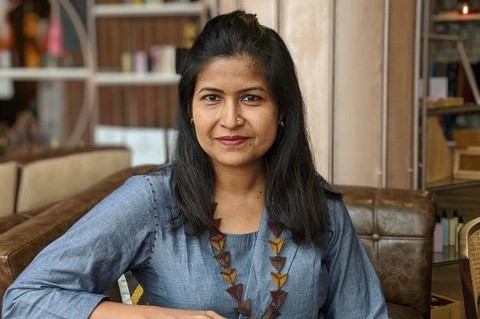

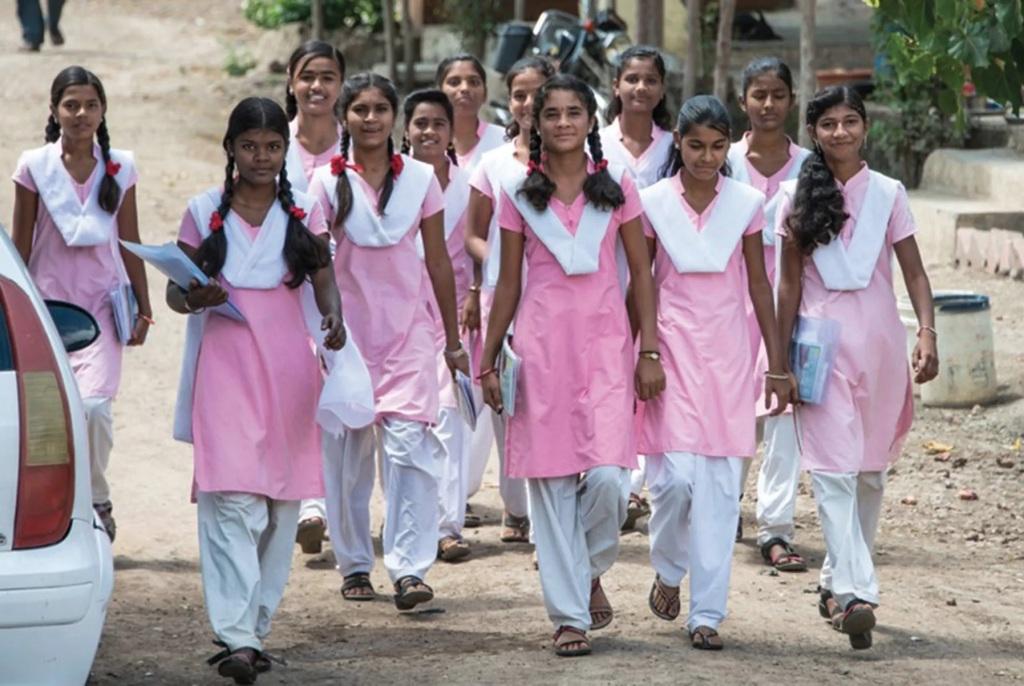
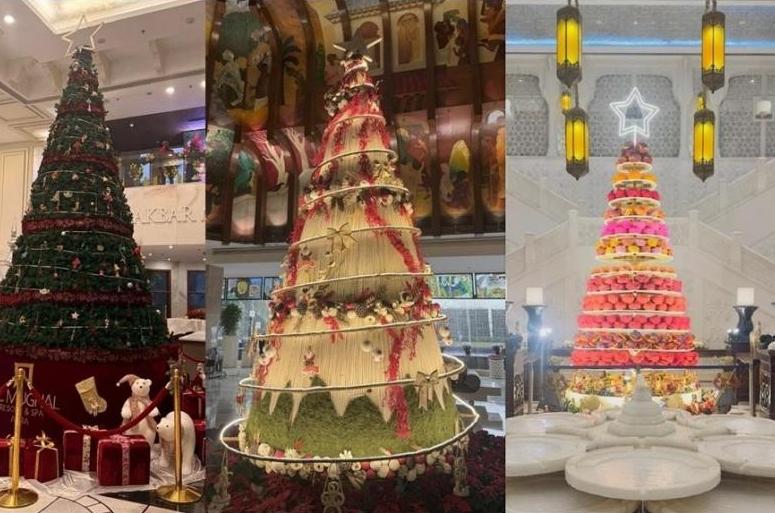

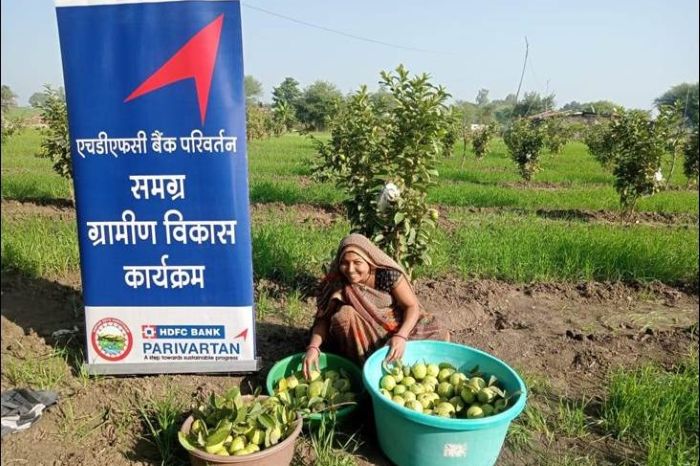
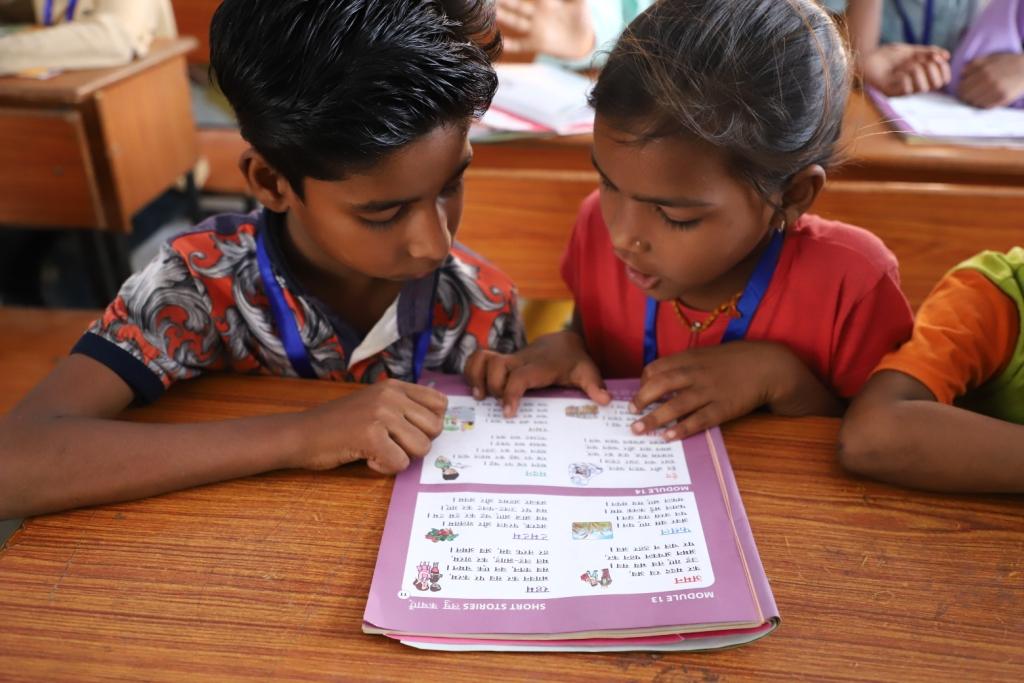


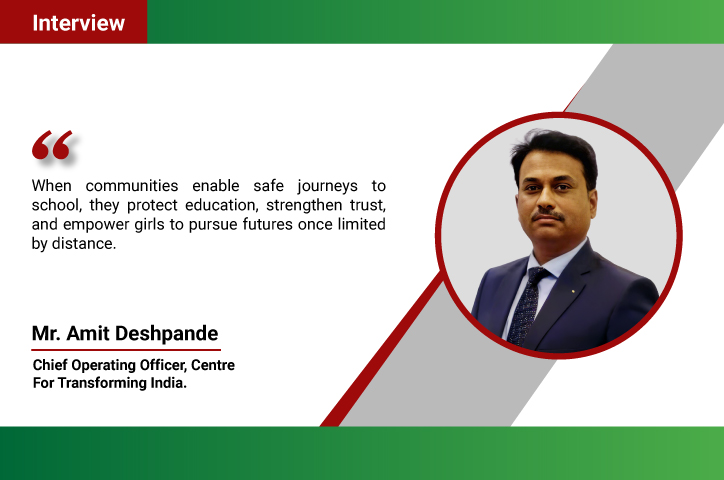
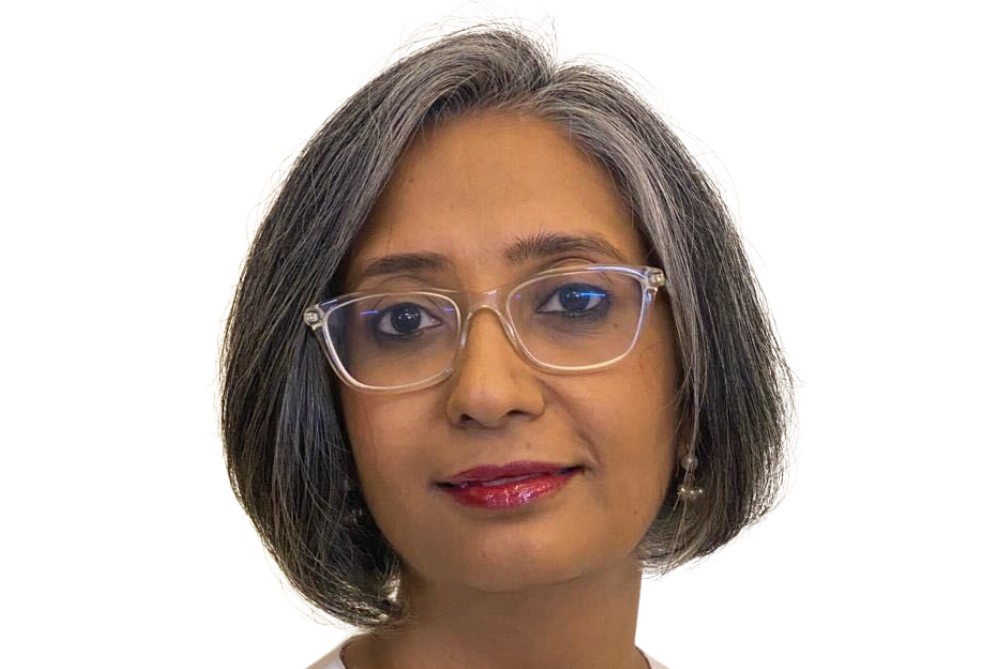





.jpg)



